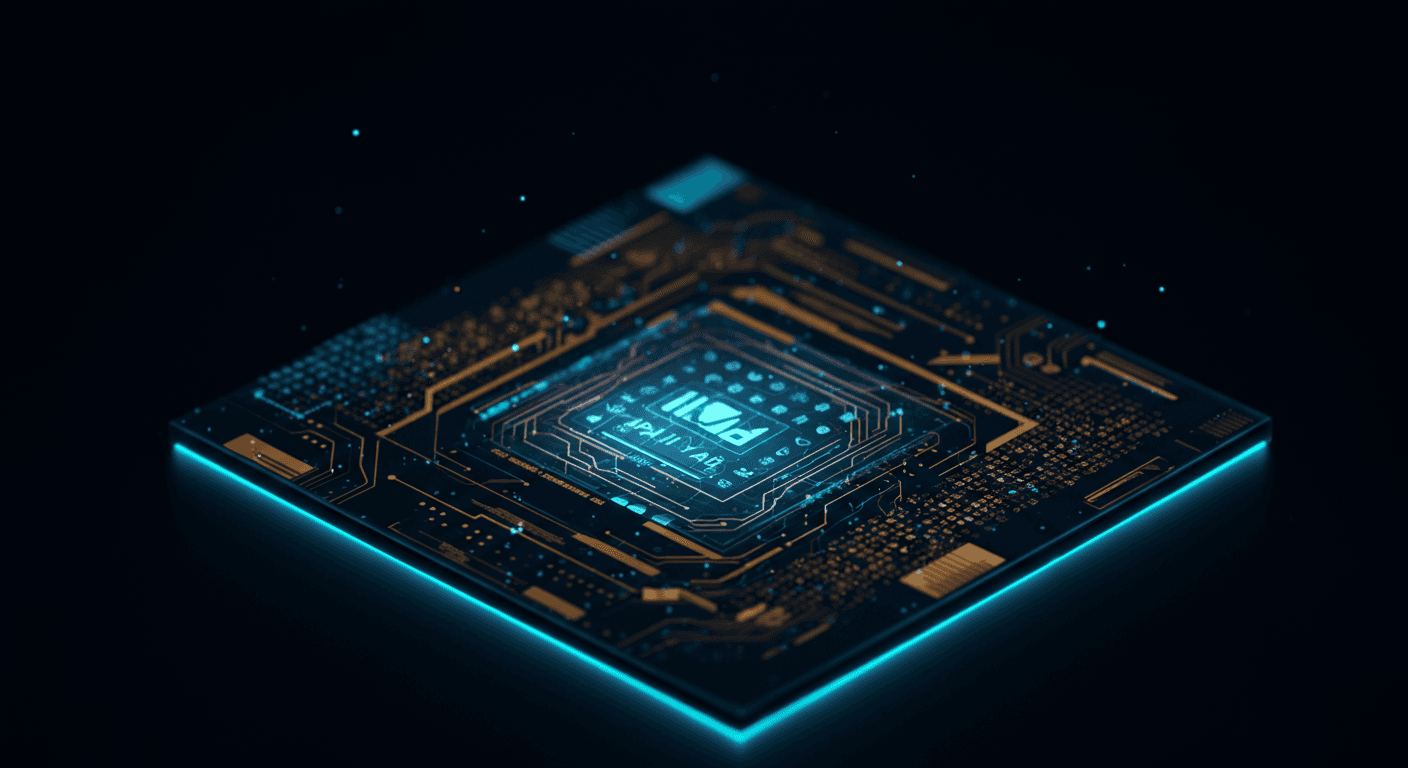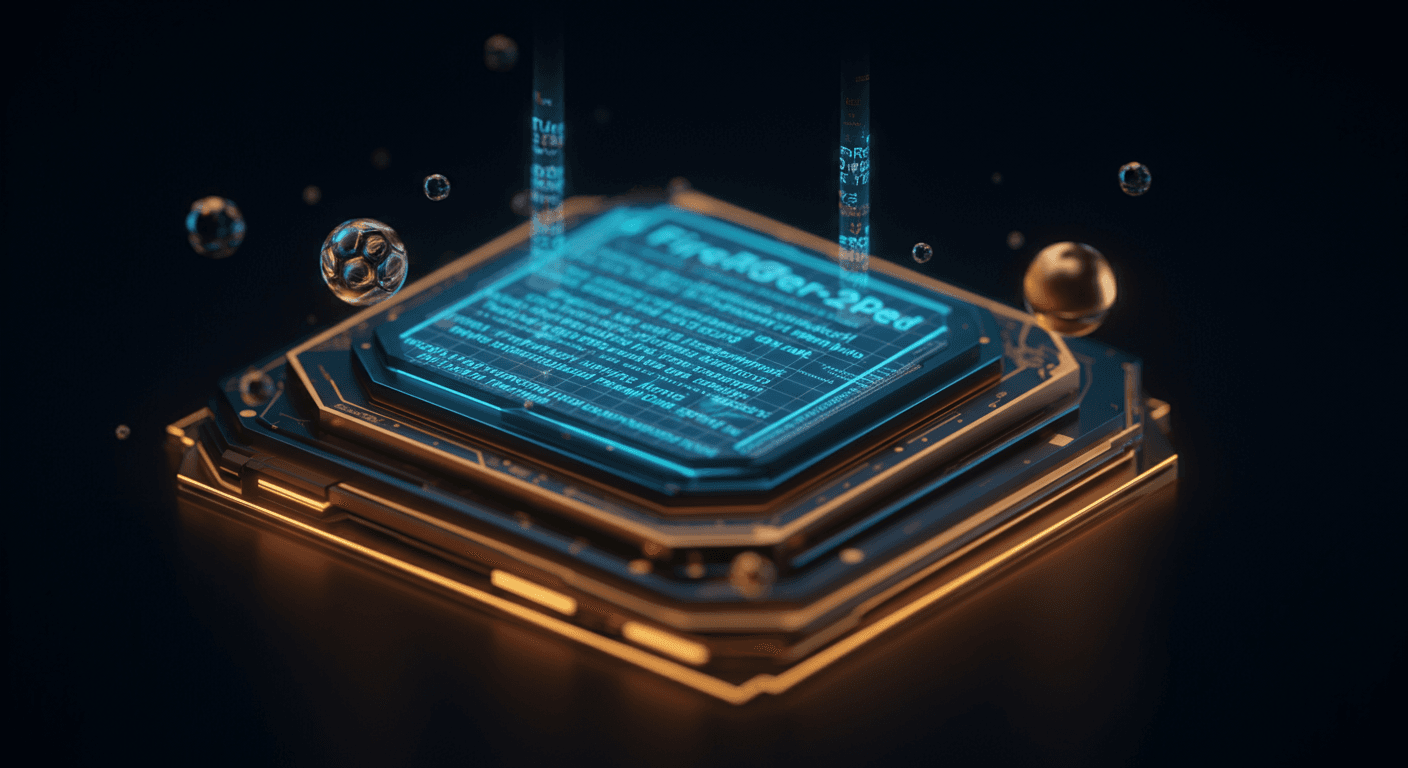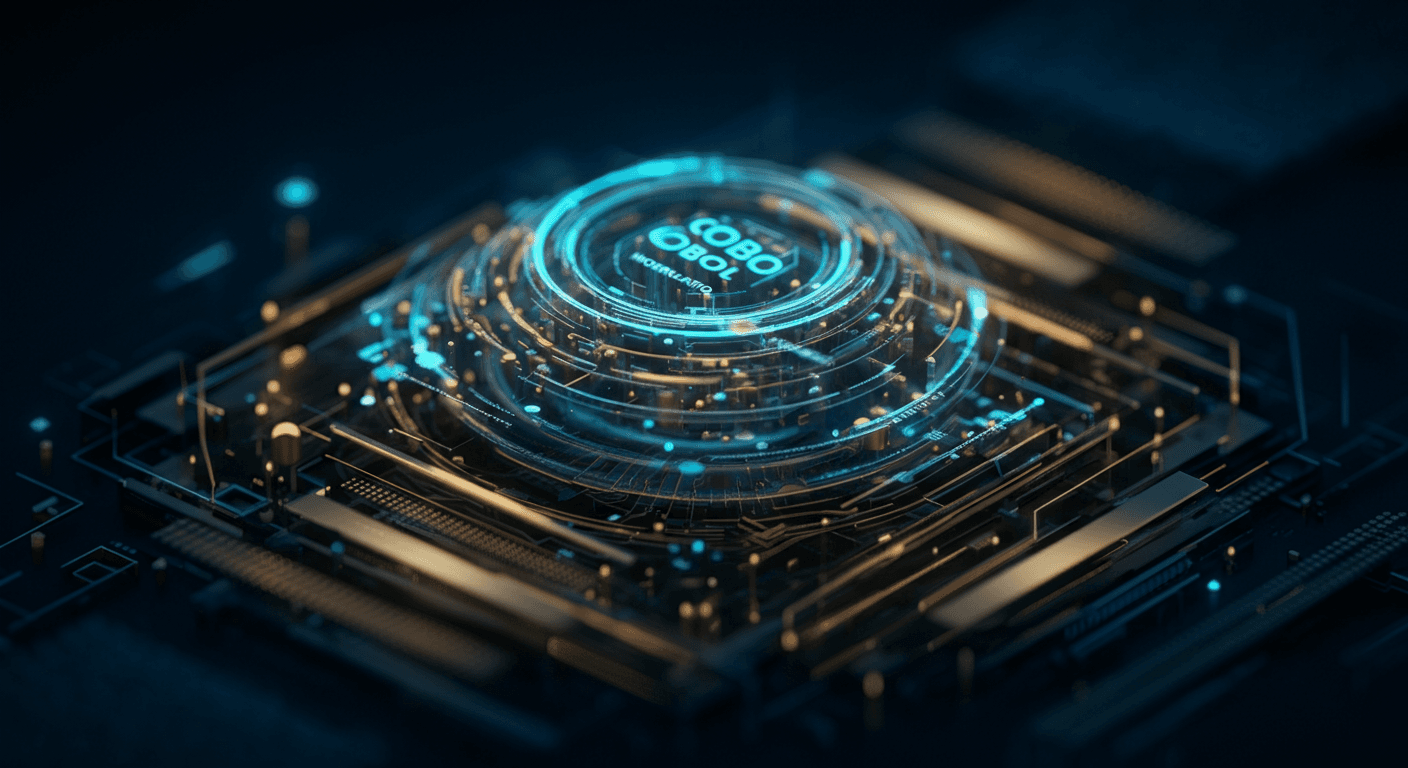Beyond the Hype: A Deep Dive into OpenAI's Vision for the Future of AI

OpenAI's Dev Day wasn't just another product launch; it was a statement of intent, signaling a shift in their strategy.
OpenAI's Announcements: A Quick Recap
OpenAI Dev Day dropped some serious bombshells, hinting at where they see themselves in the AI future. Here's the gist:- Agentic Workflows: Think of AI agents like tireless assistants, automating complex tasks across various applications.
- Multimodality is Key: Seamlessly integrating text, images, and audio for a richer, more intuitive AI experience.
- GPTs and the GPT Store: Allowing anyone to build and share custom versions of ChatGPT, opening up a new wave of AI creativity. ChatGPT is an incredibly powerful tool that can provide answers, generate content and translate languages.
- Lower Prices: OpenAI is significantly cutting costs, allowing more widespread use of their models, benefiting everyone from casual users to larger companies.
From Language Model to Platform: OpenAI's Vision
OpenAI didn't start as a platform, but they're clearly aiming to become the foundation for the next era of computing, positioning themselves as a comprehensive AI provider, not just a model developer. They're building the infrastructure for others to innovate on top of their work, creating an ecosystem. This OpenAI's platform strategy impacts not only developers but also the end-users.“The goal is to be the go-to AI platform, not just a model provider.”
The Competitive Landscape
How does OpenAI stack up against the titans like Google and Microsoft? OpenAI is an artifical intelligence research and deployment company.- Google: With its deep pockets and research prowess, Google presents a serious challenge.
- Microsoft: By integrating OpenAI's models into their products, Microsoft has a strong foothold in the enterprise market.
- OpenAI: OpenAI aims to be the core AI infrastructure and continues to innovate in multimodal AI and Agent capabilities.
Even relativity couldn't predict the democratizing force of AI we're witnessing today, thanks to OpenAI's GPT Store.
The ChatGPT App Store Revolution: Democratizing AI Development
The ChatGPT app store, more formally known as the GPT Store, is no mere marketplace; it's a forge for innovation, empowering "citizen developers" to build and share AI-powered tools. It lowers the bar for AI creation, making it accessible to a wider audience, similar to how personal computers revolutionized software development.
Apps That Thrive
Think of AI companions for role-playing, automated content creators, or specialized assistants. In the GPT Store, you'll find:- Niche Knowledge Bots: AI tutors, legal assistants, and research tools tailored to specific needs.
- Creative Tools: From generating music to crafting stories, the possibilities are limitless.
- Productivity Boosters: Imagine apps that summarize meeting notes or automate tedious tasks.
Monetization and Competition
The ChatGPT app store monetization model allows developers to generate income based on app usage, creating a financial incentive for innovation. However, a crowded marketplace presents challenges: discoverability becomes paramount, and standing out requires a unique value proposition.
GPT Store vs. Traditional App Stores
The GPT Store differs significantly from traditional app stores. While conventional apps often require extensive coding, the GPT Store thrives on the power of natural language and prompt engineering. Prompt engineering is a technique that helps users get the results they want from AI tools, which is what the GPT store thrives on. This lowers the barrier to entry, enabling individuals with domain expertise but limited coding skills to create and share valuable AI tools.
Ultimately, the GPT Store is more than just a platform; it’s a harbinger of an AI-powered future, where the creation and application of artificial intelligence are decentralized and within reach of anyone with a vision and a well-crafted prompt. To find other ways to make your life easier, check out our tools.
OpenAI's vision isn't just software; whispers suggest a move into the tangible world of hardware.
Decoding the Signals
It's less about a press release, and more about reading between the lines: OpenAI's increasing focus on real-world applications hints at a hardware strategy.Acquisitions & Talent: Keep an eye on who they’re buying, and who* they're hiring. This is a great signal.
- Strategic Partnerships: Consider those unconfirmed partnerships with device manufacturers.
- Research Directions: Note the shift in research towards areas like robotics and embedded AI.
What Could OpenAI Build?
The possibilities are vast, ranging from niche applications to devices that touch our daily lives.
- AI-Powered Robots: Think beyond the assembly line. Imagine robots for elder care or hazardous environments.
- Smart Home Hubs: Not just voice assistants, but AI-driven systems proactively managing your home's energy and security.
- Specialized AI Accelerators: Custom chips designed to run OpenAI models more efficiently than off-the-shelf solutions.
Strategic Rationale: Why Hardware?
Hardware is more than just a product; it's about control and extending the reach of their AI.
Owning the hardware stack allows for tighter integration, optimized performance, and the creation of entirely new user experiences.
This tighter feedback loop is key to driving innovation.
Ethical Quandaries
AI-powered hardware raises unique concerns. Consider the implications of:- Ubiquitous Surveillance: The potential for constant monitoring and data collection.
- Autonomous Decision-Making: AI controlling physical objects, potentially with life-altering consequences.
Impact on Existing Manufacturers
An OpenAI hardware push could dramatically reshape the landscape. What does that mean for NVIDIA? Will they become partners, competitors, or something in between?
As OpenAI pushes the boundaries of AI, the hardware horizon beckons – a realm ripe with opportunity, fraught with challenges, and poised to redefine how we interact with technology.
OpenAI's Dev Day wasn't just another product launch; it was a glimpse into a future powered by accessible AI development.
Developer Deep Dive: New Tools and APIs for Building the Future
OpenAI's commitment to empowering developers shone brightly at Dev Day, unveiling a suite of tools and APIs poised to revolutionize AI application development. These OpenAI developer tools are changing the game.
Key Announcements and Capabilities
- GPT-4 Turbo: This model offers increased context window, lower pricing, and improved performance. Imagine fitting entire books into the context window for richer, more nuanced AI interactions!
- Custom Models: Fine-tune models on your own data with unprecedented control. This offers the ability to create specialized AI for niche applications, improving accuracy and relevance.
- New API Endpoints: Simplify common tasks like function calling and multi-modal input. This allows developers to focus on innovation instead of wrestling with technical complexities.
Building Scalable AI Solutions
Leveraging these new OpenAI developer tools requires more than just coding; it demands best practices.
Consider these strategies: * Modular Design: Enables flexibility, easier updates and scaling. * Robust Error Handling: Anticipate and manage potential issues with thorough error-checking. * Continuous Testing: Rigorous testing during and after deployment ensures a high-quality user experience.
OpenAI vs. The Competition
The developer experience on OpenAI's platform is increasingly compelling, but it's not the only player in the game.
| Feature | OpenAI | Other AI Platforms |
|---|---|---|
| Model Variety | Extensive, constantly updated | Varies by provider |
| Documentation | Comprehensive | Can be inconsistent |
| Community Support | Strong, active | Ranges from limited to vibrant |
Ultimately, the best platform depends on your project's specific needs, resources, and risk tolerance.
OpenAI's Dev Day offerings are not just tools, but building blocks for a future where AI is seamlessly integrated into every facet of our digital lives, empowering developers to create groundbreaking applications. Dive into our AI tool directory to find the best solutions for your needs.
OpenAI isn't just about cool demos; it's reshaping industries with real, tangible solutions.
Beyond the Demos: Real-World Applications and Use Cases

It's easy to get caught up in the wow factor of AI demos, but the true power lies in how these technologies are applied to solve everyday problems and generate business value. Here are a few OpenAI use cases that highlight this:
- Healthcare: Imagine AI analyzing medical images to detect diseases earlier and more accurately.
- Finance: AI-powered fraud detection systems are becoming increasingly sophisticated, safeguarding financial institutions and consumers from fraudulent activities.
- Education: Personalized learning experiences are no longer a pipe dream.
- Customer Service: Chatbots are evolving from simple Q&A bots to intelligent virtual assistants. LimeChat is one such tool that provides AI powered conversational experiences. These are now capable of handling complex customer inquiries and resolving issues efficiently, resulting in significant cost savings and improved customer satisfaction.
Measuring the Impact
The ROI of implementing AI solutions is becoming increasingly clear. Businesses are seeing:
- Increased efficiency and productivity
- Reduced operational costs
- Improved decision-making
- Enhanced customer experiences
It’s not just smarter algorithms; it's about reimagining the very fabric of our existence.
OpenAI's Long-Term Vision: A Transformative Force
OpenAI isn’t just building ChatGPT, the conversational AI, or DALL-E 3 that can generate images from text prompts; they're envisioning a future where AI fundamentally reshapes how we live, work, and interact with the world. Their long-term vision extends far beyond current capabilities:
- Automation of Repetitive Tasks: AI will automate mundane tasks across industries, freeing up humans for more creative and strategic endeavors.
- Personalized Education: Imagine AI-powered tutors adapting to each student's learning style, providing tailored education.
- Scientific Breakthroughs: AI accelerating research, leading to discoveries in medicine, materials science, and beyond.
Navigating the Ethical Labyrinth: Responsible AI Development
With great power comes great responsibility, as they say, and OpenAI is keenly aware of the ethical minefield that comes with advanced AI. Responsible development is paramount:
- Bias Mitigation: Actively addressing biases in AI models to ensure fairness and prevent discriminatory outcomes.
- Transparency and Explainability: Striving for AI systems that can explain their decision-making processes, increasing trust and accountability.
- Safety and Security: Implementing robust safeguards to prevent misuse of AI technologies and ensuring their safe deployment.
The Evolving World of Work: Skills for an AI-Powered Economy
The future of work in the age of AI is a hot topic, requiring a shift in focus toward uniquely human skills:
- Creativity and Innovation: AI will handle routine tasks, emphasizing the need for human ingenuity and problem-solving.
- Critical Thinking: Evaluating information and making informed decisions will become even more vital in an AI-driven world.
- Adaptability and Lifelong Learning: A willingness to learn new skills and adapt to rapidly changing technologies is essential for the AI-powered economy, for those seeking Software Developer Tools, adaptability is key.
The Role of Government and Regulation in Shaping the Future of AI

As "the future of AI and OpenAI" unfolds, the role of government and regulation in shaping its course is vital, requiring a balanced approach that fosters innovation while mitigating risks.
- Establishing Ethical Guidelines: Developing comprehensive frameworks for AI development and deployment, safeguarding against potential abuses and ensuring responsible innovation.
- Promoting Transparency and Accountability: Implementing mechanisms to enhance transparency in AI decision-making processes and hold developers accountable for the impacts of their technologies.
- Investing in Education and Workforce Development: Supporting education and training programs to equip individuals with the skills needed to navigate the changing job market and foster responsible AI usage.
OpenAI's innovations are reshaping industries, making now a pivotal time to explore investment opportunities within its expanding ecosystem.
Identifying Promising Startups
Identifying companies leveraging OpenAI's models can be lucrative. Look for startups applying ChatGPT or DALL-E APIs to solve specific problems:- Vertical AI Solutions: Companies tailoring AI for niches like healthcare or finance.
- AI-Enhanced Platforms: Existing platforms integrating AI to improve functionality (e.g., marketing automation with Marketing AI Tools).
- Tools that leverage a Prompt Library There are an increasing amount of tools that utilize AI prompts. Consider exploring tools in the Prompt Library.
Venture Capital and Private Equity
Venture capital and private equity firms recognize the potential. They're actively funding AI ventures, but remember that early-stage AI investments carry significant risk. Consider this:Investing in AI is not a sure thing, and it's crucial to perform research and understand the market.
Retail Investor Opportunities
While pre-IPO shares may be elusive, retail investors aren't excluded from the AI boom. Here's how to get involved:- Invest in tech giants: Companies like Microsoft and Google have made substantial AI investments and are publicly traded.
- AI-focused ETFs: Exchange-Traded Funds offer diversified exposure to the AI sector.
- Follow AI News: Stay informed about new developments, especially in areas such as AI in Practice to better inform your investment decisions.
Keywords
OpenAI Dev Day, ChatGPT App Store, AI Hardware, GPT Store, OpenAI API, AI Development, Generative AI, AI Applications, Future of AI, AI Ecosystem, AI Investment, OpenAI platform strategy, ChatGPT app store monetization, OpenAI hardware strategy, OpenAI developer tools, OpenAI use cases, Future of AI and OpenAI, OpenAI investment opportunities
Hashtags
#OpenAI #ChatGPT #AI #ArtificialIntelligence #MachineLearning
Recommended AI tools
ChatGPT
Conversational AI
AI research, productivity, and conversation—smarter thinking, deeper insights.
Sora
Video Generation
Create stunning, realistic videos & audio from text, images, or video—remix and collaborate with Sora 2, OpenAI’s advanced generative app.
Google Gemini
Conversational AI
Your everyday Google AI assistant for creativity, research, and productivity
Perplexity
Search & Discovery
Clear answers from reliable sources, powered by AI.
Cursor
Code Assistance
The AI code editor that understands your entire codebase
DeepSeek
Conversational AI
Efficient open-weight AI models for advanced reasoning and research
About the Author

Written by
Dr. William Bobos
Dr. William Bobos (known as 'Dr. Bob') is a long-time AI expert focused on practical evaluations of AI tools and frameworks. He frequently tests new releases, reads academic papers, and tracks industry news to translate breakthroughs into real-world use. At Best AI Tools, he curates clear, actionable insights for builders, researchers, and decision-makers.
More from Dr.Was this article helpful?
Found outdated info or have suggestions? Let us know!


